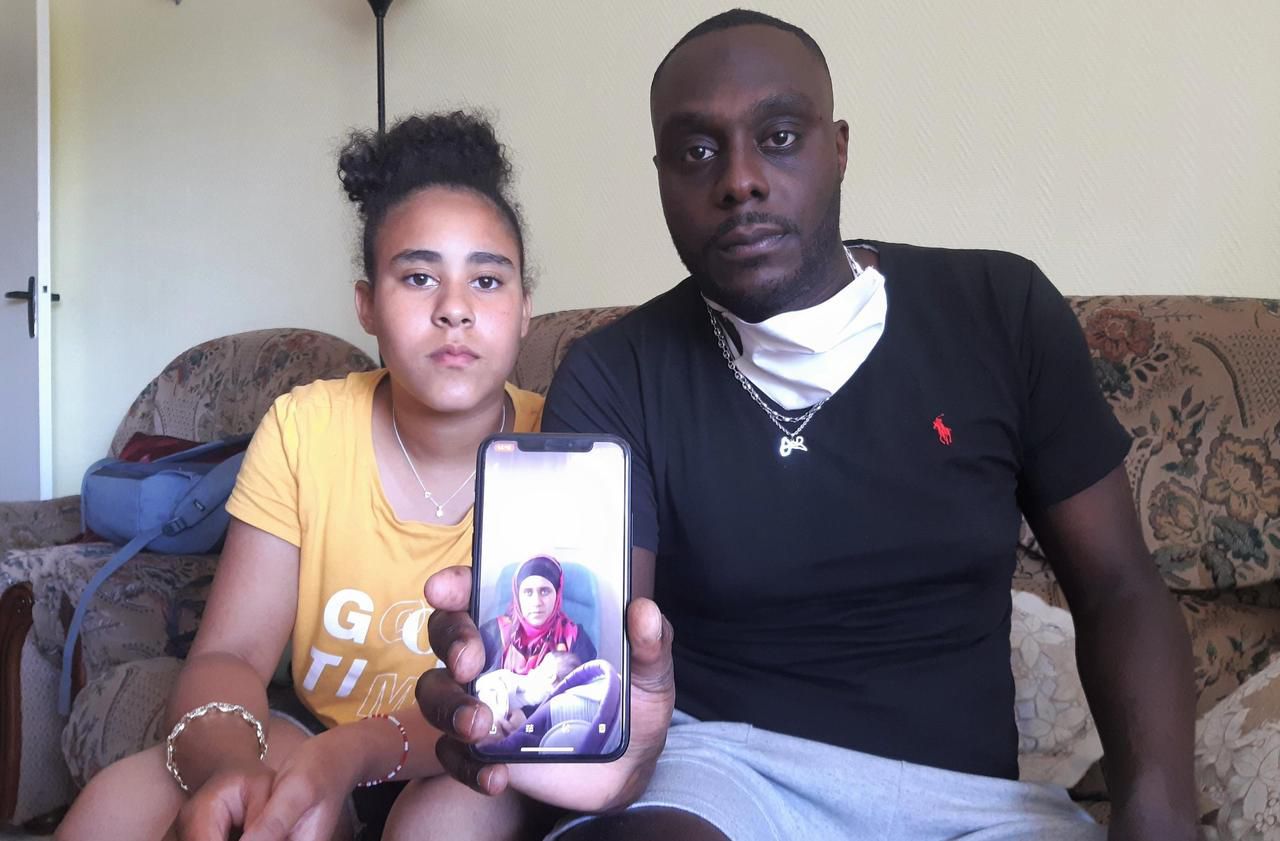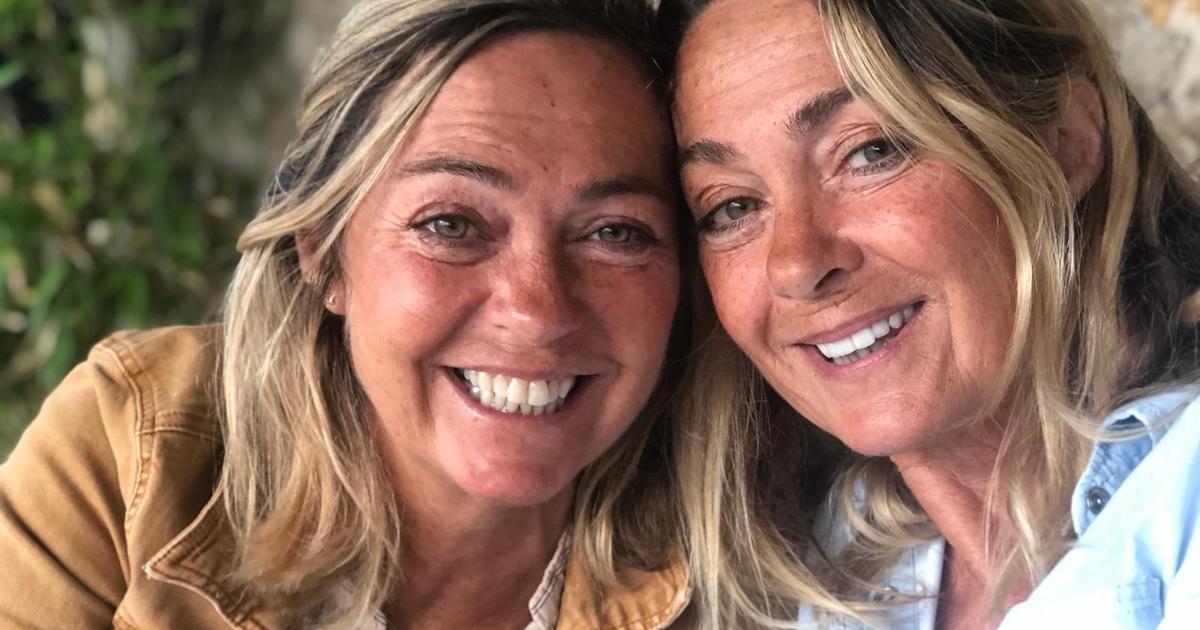Six years later, Michaël Praxo's anger is still just as strong. On June 5, 2014, this bus driver from Neuilly-sur-Marne lost his partner, mother of his four daughters, who died at the André-Grégoire intercommunal hospital in Montreuil as a result of sepsis - a generalized infection - caused by a streptococcus bacteria A.
Five days earlier, on May 31, Mélissa had given birth to their 4th child, Alyssa, in this public hospital. “Right after giving birth, my partner had very severe pain. She was given medication, but no one really tried to understand why she was in pain. She was not taken care of properly, ”said the father, who lodged a complaint against X the day after his death.
This legal procedure ultimately led to the hospital being indicted in August 2018 for "manslaughter".
"The case drags on, leaving this bruised family"
But two years later, "the case is not moving forward," regrets Me Romain Boulet, Michael Praxo's lawyer, who has therefore resolved to publicize the case. “This drama highlights the penal vacuum that surrounds ordinary violence. In this case, people made mistakes, but there was no actual act of violence, so there is no need to appease society. There is no inmate, so no worries about delays. So she hangs out, leaving this family battered. "
How did Mélissa die? The 25-year-old left the hospital two days after giving birth - with the consent of the staff - despite her pain.
During the night following her return home, these persist. Michaël Praxo then contacted the firefighters who redirected them to SOS Médecins. Mélissa complaining of the back, the doctor who travels diagnoses sciatica and prescribes medication.
Sent home twice without any laboratory or imaging exams
The next day, two midwives who came for a postpartum visit decided to call the emergency room when they saw her condition. She therefore returned to the CHI de Montreuil, where she was prescribed morphine in particular. She left the establishment again in the evening on the decision of the medical staff, according to her relatives. No biological examination (blood, urine test, etc.) or imaging is performed.
Seine-Saint-Denis newsletter
Every morning, the news of your department seen by Le ParisienI'm registering
Your email address is collected by Le Parisien to enable you to receive our news and commercial offers. Learn more
The next day, Wednesday, she decides this time to go to the emergency room of the Armand-Brillard clinic in Nogent-sur-Marne (Val-de-Marne). A doctor from the establishment then decides to transfer her again to the Montreuil hospital, suspecting "a state of probably septic shock on D3 postpartum (Editor's note: after childbirth), of undetermined origin".
It is in this clinic that he will undergo a biological assessment whose results will not be known until after his transfer to the CHI at 2 p.m. In Montreuil, doctors finally make the diagnosis of severe sepsis without knowing whether it is of digestive or gynecological origin. The resuscitators did not arrive until 3:30 pm and the antibiotic therapy was not put in place until 4 pm, “ie three hours after the onset of septic shock”.
The family lawyer lists a series of "errors"
The medical team then decides to perform a laparoscopy. She notices that her tube and her ovaries are purplish, perform a peritoneal lavage, prescribe treatment and decide not to proceed with the removal of her uterus at first.
Additional examinations suggest an invasive streptococcal A infection. In the evening, Mélissa has a high fever. The team finally decides to perform another operation to remove her uterus. The next day, his condition worsened and the streptococcal A infection was confirmed. She died at 8:49 p.m.
Did she catch this strep in the hospital? Today it is impossible to say. “It's not so much where she caught it that matters as how she was treated. There were errors: the absence of a biological examination at first, the slowness of the intervention of the resuscitators, the decision not to remove her uterus during the 1st operation… ”, lists Me Boulet.
Defects in the care reducing by 60% its chances of survival
To obtain financial compensation, the family launched two civil proceedings pending a possible criminal judgment. Michaël Proxa sank into precariousness after the death of his partner. “I was a heavy truck driver. I had to stop working to take care of my daughters, return to live with my parents, ”blows the father, who has since found a stable job.
In their report, experts from the regional commission for conciliation and compensation for medical accidents in Ile-de-France estimated that the flaws in Mélissa's care reduced her chances of survival by 60%.
The CHI de Montreuil - which recalls having made a financial proposal to the family after his death - explains for its part awaiting the conclusions of justice. Contacted, the Bobigny prosecutor's office was unable to answer our questions.















